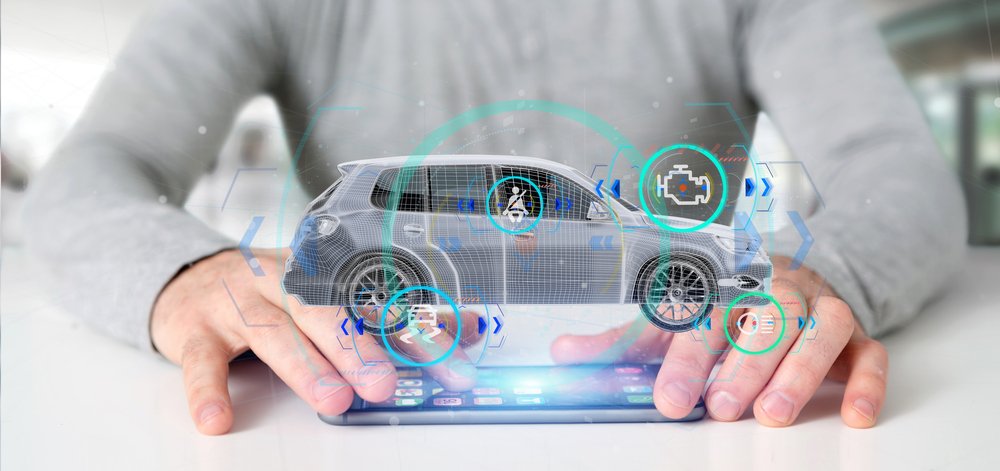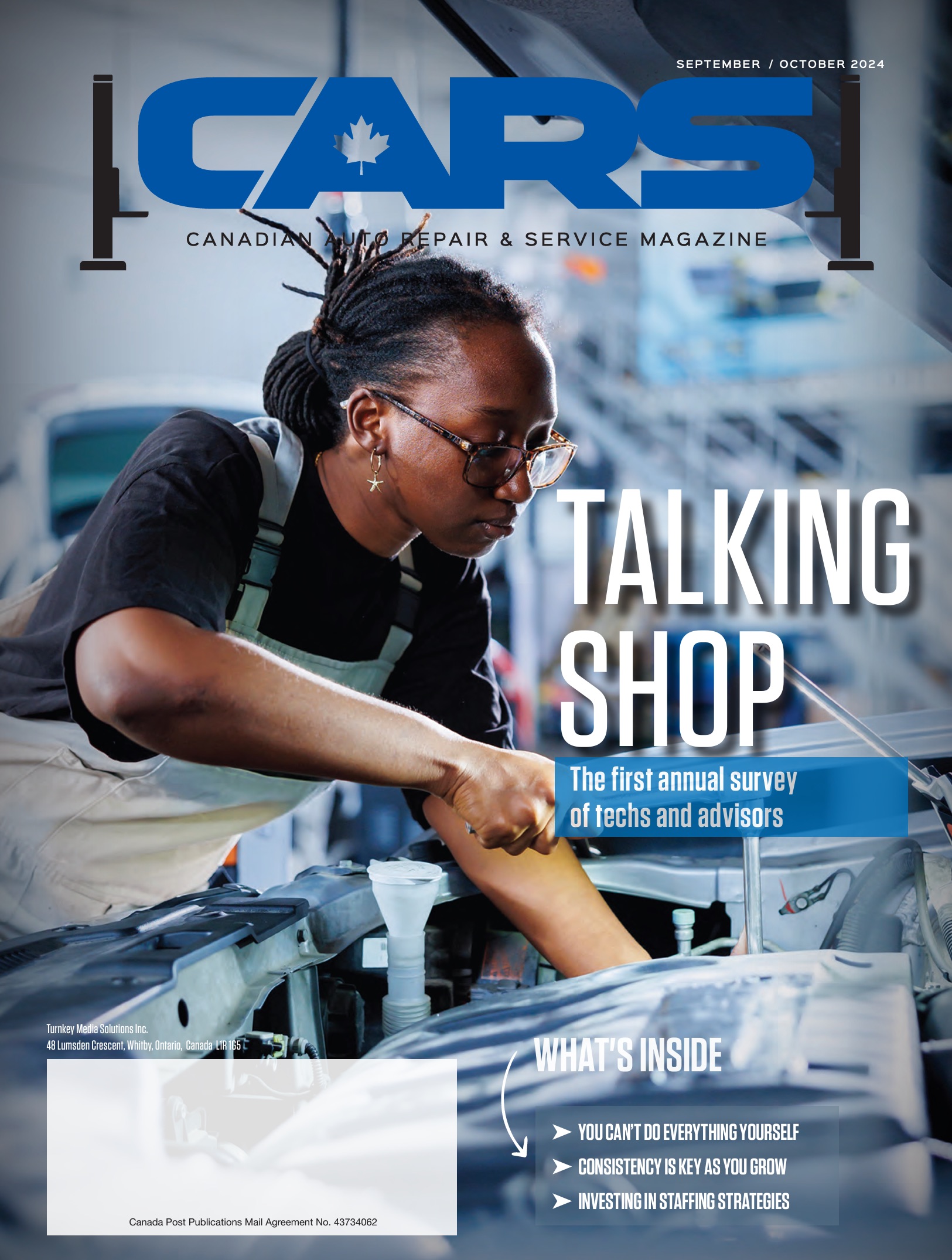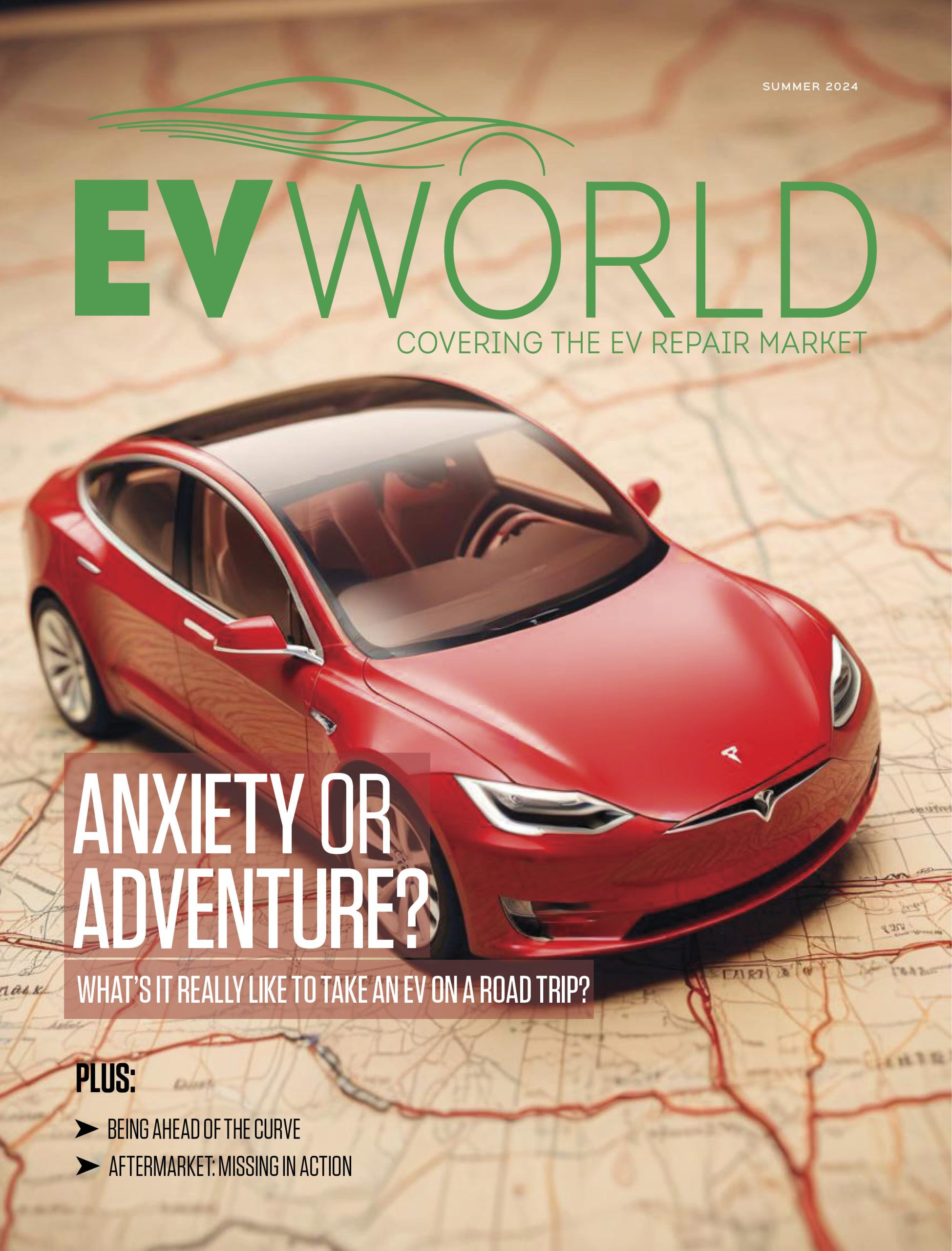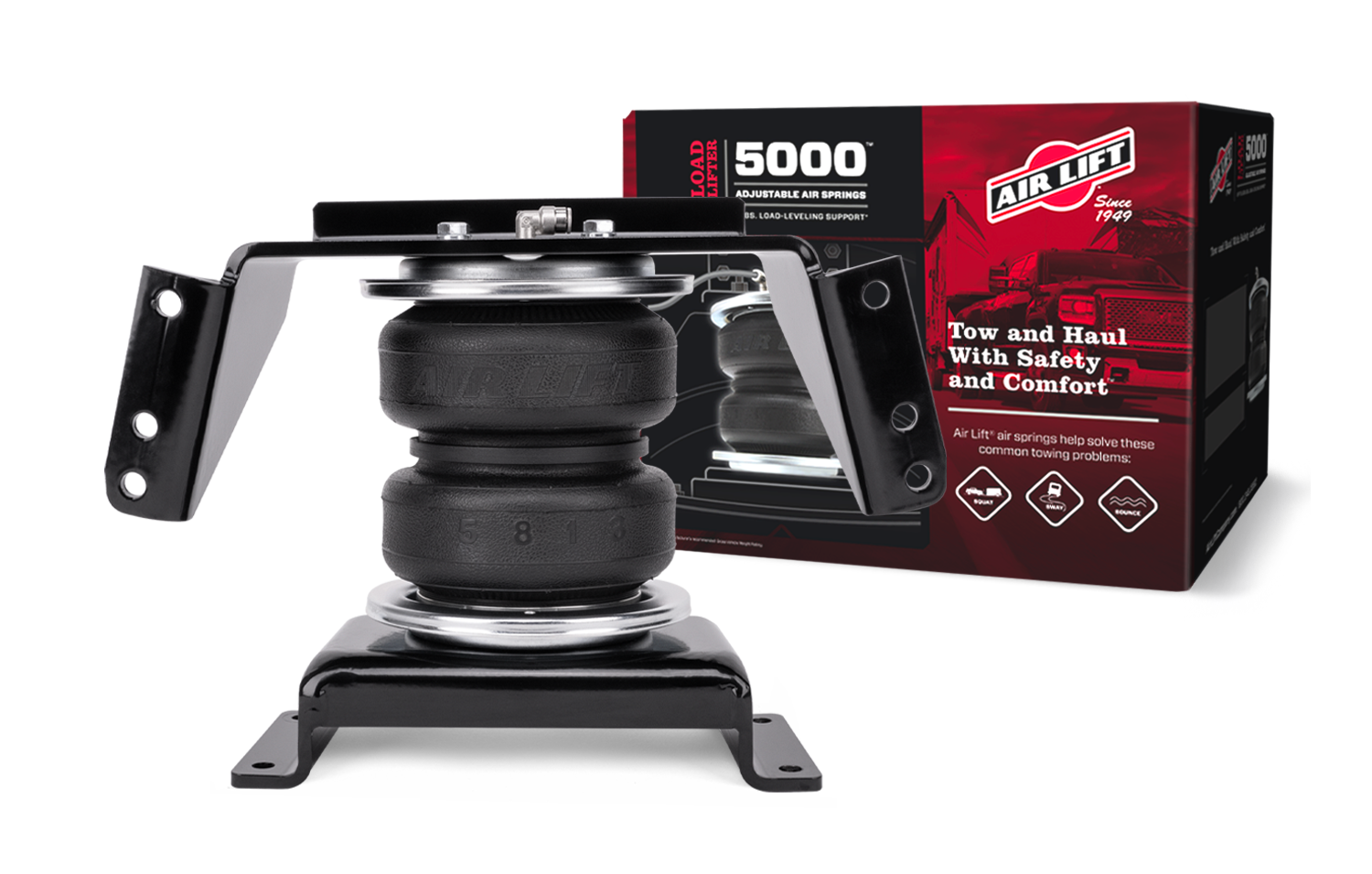
Most drivers would buy a car with less technology to protect their privacy, a study has found.
A recent survey report by Kaspersky reported that seven in 10 (72 per cent) of drivers are uncomfortable with automakers sharing their personal data with third parties. The report, Is my car spying on me? reflects growing concerns about privacy and data security in the era of connected cars.
Despite the allure of modern vehicles equipped with advanced technology, sensors, apps and infotainment systems, the report found that most drivers are wary of how their data is used.
The survey of 2,000 U.S. drivers in November 2023 showed that 87 per cent of participants believe automakers should be obligated to delete their data upon request. Additionally, only 28 per cent of respondents claimed to have some understanding of the kind of data collected by their vehicles.
The findings come as the global automotive aftermarket wrestles with automakers and governments to enact a legislated right to repair solution, citing that automakers will have too much control over information that should be owned by consumers.
The trend of connected cars has not only improved comfort and convenience but also opened new revenue streams for car manufacturers through subscription services based on in-car technology.
However, this technological advancement has raised significant privacy concerns. A Mozilla report gave the auto industry poor ratings for privacy, highlighting that many car companies’ data policies allow them to share consumer data with third parties. Kaspersky noted that this not only creates privacy issues but also poses a security risk, as consumer data becomes increasingly vulnerable to leaks or theft.
This survey’s results indicate that while drivers may accept some level of data collection, they have clear boundaries regarding the use and security of their personal data. More than a third (37 per cent) of respondents expressed being “very uncomfortable” with automakers sharing their data, and 71 per cent would consider purchasing an older or less technologically advanced car to protect their privacy and security.
When presented with findings that none of the 25 car brands researched by Mozilla met minimum security criteria, 76 per cent of respondents expressed concern. The survey also explored drivers’ use of in-car technology, with many pairing their phones with their vehicles.
Nearly half (48 per cent) use services like Android Auto or Apple CarPlay, while 42 per cent of Bluetooth users choose not to share their phone’s address book with their car — a privacy measure recommended by experts.
Respondents had varying opinions on why automakers might collect data, with half believing it’s for selling to advertisers or third parties and 40 per cent thinking it’s for sharing with insurance companies. Two in five (42 per cent) respondents expressed concern about their car collecting personal data, with the highest level of worry among 18-24-year-olds.
Kurt Baumgartner, principal security researcher at Kaspersky’s Global Research and Analysis Team, emphasized the importance of privacy safeguards.
“It’s easy to take for granted how much your car knows about you,” said Kurt Baumgartner, principal security researcher at Kaspersky’s global research and analysis team. “A connected vehicle knows where you go, how fast you get there and what you listen to on the way — even potentially what your kids are doing in the backseat. And the data collection policies of many automakers go far beyond that, allowing them to track and share things like users’ marital status and other surprisingly personal information that gets connected through their phone.
“The bounds of property rights and ownership are clearly being bent, and people appear to be getting denied the level of control over their personal data that they expect. Our data is highly valuable, as is our privacy. As drivers, we need to advocate for privacy safeguards and common sense ownership agreements where we can enjoy the convenience of tech-enabled cars without having to give it all up.”












Leave a Reply